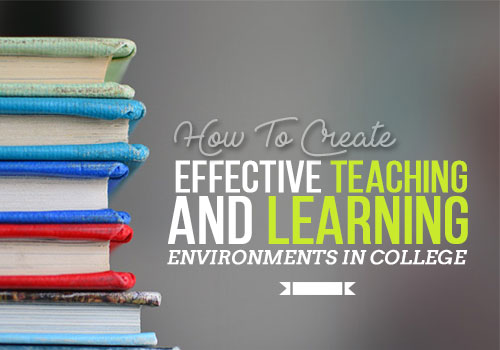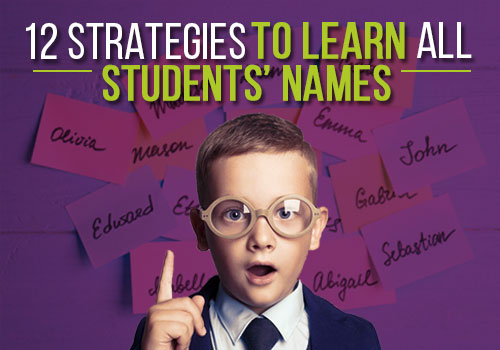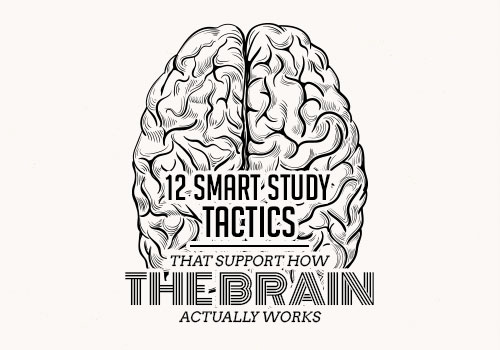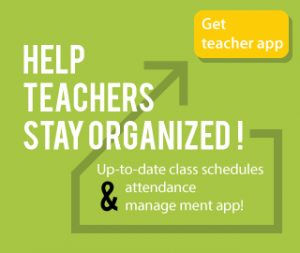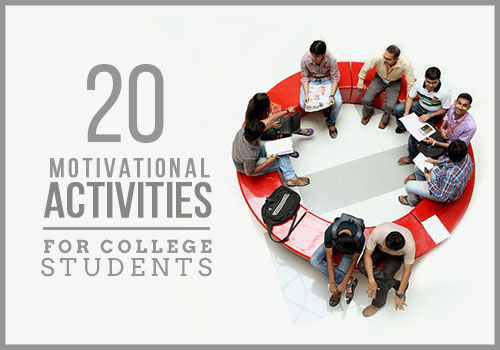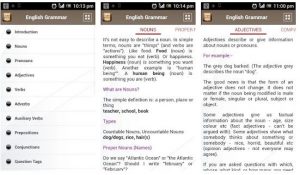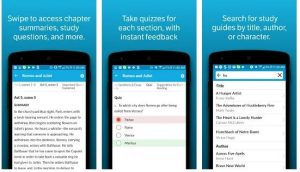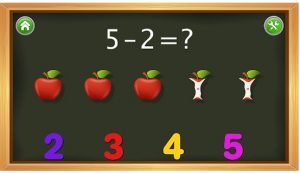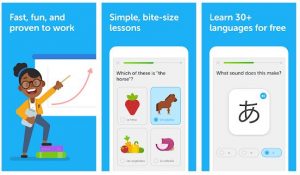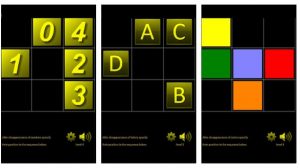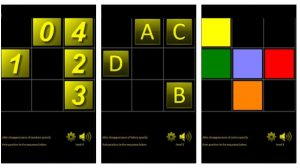Effective teaching and learning.
What does it mean today?!
Today, teaching and learning are not about giving guidelines but allowing creative freedom at the same time.
A futuristic approach is also important, so that, students get ready for the ever-changing technological and social environments outside the college.
Get Best Free Art Learning Apps (Check it Now)
So, it would not be wrong to say that an effective teaching and learning environment in college requires flexibility.
But how can a college attain that flexibility by Effective Teaching and learning?!
In reality, one answer can’t satisfy this question.
There are multiple aspects of teaching and learning that a college needs to take care about in order to attain successful flexibility and effectiveness.
This article tries to showcase some of the most important aspects of effective teaching and learning in a college.
1. Provide Knowledgeable Teachers and Top Resources
With the advancement in the world around us, the learning requirements keep changing as well.
New technologies, different working models and socioeconomic changes should be incorporated into the teaching models.
The first step towards this is hiring teachers who specialize in their field and also crave more knowledge.
A teacher should continue to grow and update his or her knowledge.
Otherwise, students would see a faded image of the world created by the outdated knowledge base of a teacher.
Along with enthusiastic teachers, a college has to have decent resources to help students learn better.
The creativity and innovation will flourish only when students get exposure and tools to test their skills.
2. Promote Questions more than Answers
The process is more important than the goal.
Just like that, the questions are more valuable than the answers in a classroom. So, a student needs to come up with as many genuine questions as possible.
In a classroom, asking questions should become more valuable than knowing the answers.
But mostly, exactly the opposite happens in college classrooms. Knowing the right answers in the right form becomes more important than thinking about unique questions. This needs to stop!
Promote a habit of critical thinking and problem-solving in students and let them ask good questions.
3. Include Multiple Learning Sources
Learning model in a college revolves around reading, lessons, projects, and tests.
This model can get better results if teachers bring diversity in the material of learning.
Using resources such as community knowledge, professional mentors, expert content pieces online, and other sources can bring a much-needed diversity in the learning model.
It is important to focus on the credibility and freshness of the sources.
Teaching ideas can come from different authoritative sources that are available in the real world. So, the students can learn what’s in their books and also learn everything that’s going on in the world out there.
4. Accept all levels of Skills and Abilities
Every student that enters the door of a college classroom can’t have the same level of knowledge.
They all know different things and have different priorities as well. Not knowing something should not be criteria of berating a student.
Teaching and learning are effective only when teachers acknowledge the information possessed by each student and help students go forward.
Just imagine- what’s the point of even having a college, if all students are already geniuses?!
In fact, from a teacher’s perspective, every student should be a genius in his or her own way. With this approach, teachers can help students unleash their true capabilities eventually.
5. Blend Technology in Teaching and Learning Model
With so much going in the advancement of a digital world, education is gaining great opportunities to improve.
Mobile learning, e Learning and video learning models are changing the way teachers and students look at teaching and studying.
These technologies offer unlimited possibilities in terms of content diversity, ability to retain knowledge and learn.
With advanced technologies, learning doesn’t have to stay limited to classrooms or curriculum.
Also Read: Dunbar’s Number and It’s Impact On Effective Teaching
Every place or every new upgrade in the world can become a learning moment for students.
But that is possible only if the college stays ready to adopt new and meaningful technologies as quickly as possible.
At the same time, the teachers should work constantly to upgrade their ability to utilize new technologies in their teaching.
6. Keep a Personalized Approach Attached to Teaching
Even with all the diversity of resources, it is difficult to address the learning requirements of each and every student.
While students need to indulge more and more in classroom discussions, teachers need to find ways to have a personalized approach to teaching alongside the regular teaching model.
In terms of personal growth of a student, a teacher has to consider the interest, the pace of understanding a topic and readiness for a content.
These factors vary from student to student. Plus, teachers can’t recognize these factors by looking at the test results. Personalization is an ongoing process, which a teacher has to conduct to understand the flexibility and adjust the method and pace of teaching.
7. Develop Management Policies and Inform Students about those Policies
Classroom management brings discipline in the learning environment.
For a long time, this management stayed a part of the faculty’s responsibility only.
But that has changed now. Students understand the importance of a disciplined learning environment and want to indulge in classroom management.
However, the policy creation is still the responsibility of college authorities. But the authorities can include students in those decisions.
This way, policies will cover all aspects of management creating a favorable learning environment for both teacher and students. Whether it is about the curriculum, schedules of tests, paper distribution, attendance, use of devices in classrooms or any other policy, both students and teachers should work together.
8. Success Criteria Should Make Sense to Students too
Mostly, colleges define the criteria of success. This success involves assessment, grades, the participation of students, attendance, and other factors. These factors surely make sense to the faculty and college authorities.
But the question is-
Do these factors make sense to students?!
This is probably the most important question to ensure an effective learning environment. No student is going to give his or her heart to working hard if the success criteria don’t align with their own sense of success.
College authorities need to understand what “success” means for each individual. Then, blend those criteria with the ones you have available already. This will create a cohesive model of success in a college.
9. Revisit Concepts to Offer Practice Opportunities
A Teacher should know which concepts require revisiting. This depends on the complexity of the concepts as well as the understanding of the students. Revisiting concepts allow the class to upgrade an outdated thinking. Teachers can revisit an old concept and showcase the errors or find new angles to understand them.
With revisiting old concepts, students also get a chance to correlate multiple concepts with each other, which creates a brain map and enhances the capacity to retain information.
Practicing is key to shaping and upgrading knowledge. Hence, it can’t just be a job for the students alone. Teachers should indulge as well and give their guidance during practice opportunities too. The demonstration of a concept offered by a teacher is way better than a student trying to revise it on his or her own.
10. Develop a Habit of Success Celebration
Celebrating success helps to boost interest and makes students excited about learning. However, this is not about offering rewards. Solving a complex problem can also be a reason to feel good about the day.
Teachers should cultivate that habit in students. They can acknowledge small but valuable classroom achievements of students and promote their ability to learn.
Beyond assignments and formal tests, teachers can set fun classroom goals to indulge students in the process of learning. Mostly, assignments and tests are the goals of learning, but classroom informal goals can create an interest in the learning process, which is extremely important.
At the same time, such efforts help in recognizing the loopholes in a curriculum. Then, teachers can communicate with students to revisit learning strategies and find new ways to clarify complex concepts.
It’s Your Turn Now!
A college requires the involvement of teachers and students along with the availability of flexible teaching models. If these three factors align together, effective teaching and learning become possible.
Get Best Free Art Learning Apps (Check it Now)
So, now it is time that you rethink education and bring necessary changes to teaching and learning for better results. Hopefully, the given ideas will help you do that!
Also Read: 12 Skills Teachers Require to be Effective in Teaching
